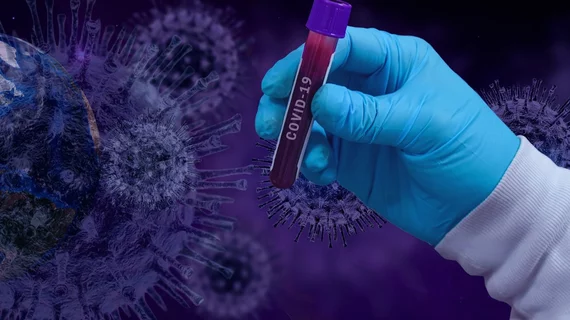Blood thinners and COVID-19: Researchers from 100-plus sites join forces for new clinical trials
The National Institutes of Health (NIH) is researching the safety and effectiveness of using anticoagulants to treat COVID-19 patients, holding clinical trials at more than 100 different sites.
The work is all part of the NIH’s Accelerating COVID-19 Therapeutic Interventions and Vaccines (ACTIV) initiative, which was first announced back in April. Known collectively as ACTIV-4 Antithrombotics, the trials will include some patients who are currently hospitalized with COVID-19, some who have already been discharged from the hospital and some who were never hospitalized at all. Bristol-Myers Squibb and Pfizer are donating treatments for the trials.
“There is currently no standard of care for anticoagulation in hospitalized COVID-19 patients, and there is a desperate need for clinical evidence to guide practice,” NIH Director Francis S. Collins, MD, PhD, said in a prepared statement. “Conducting trials using multiple existing networks of research sites provides the scale and speed that will get us answers faster.”
The University of Florida and OneFlorida Clinical Research Consortium are both participating in the trials, working together with the hope of recruiting up to 1,600 study participants.
“Health systems around the state are combining their efforts to be a key part of this clinical trial,” said Eileen Handberg, PhD, a cardiology professor for the University of Florida Health and a principal investigator for the ACTIV-4 Antithrombotic Outpatient trial, said in the same statement. “Our centralized administration and OneFlorida’s extensive network of health partners in Florida and around the country make us an ideal site for handling the kind of rapid recruitment needed for COVID-19 trials like ACTIV-4.”

